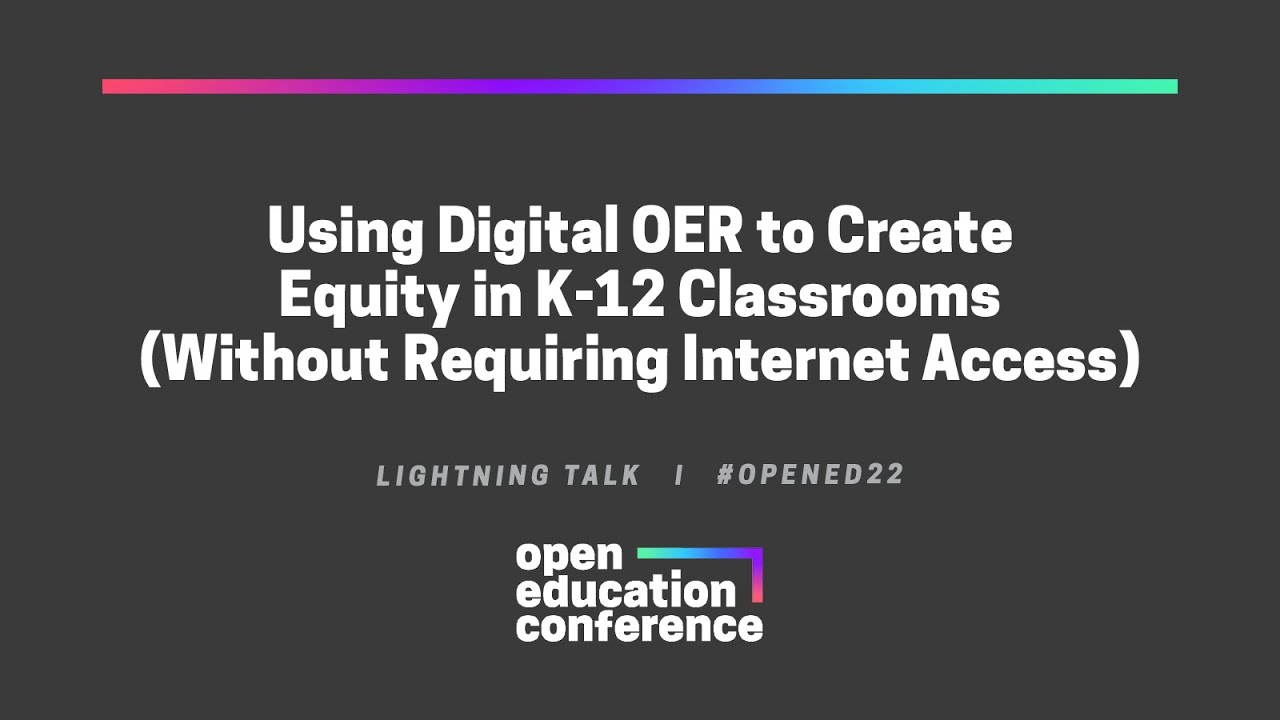This question from @BarbaraClass came to us via email and seems to be the type of question better asked in this community, so reposting with her permission.
We have a discussion among several European colleagues : which OER repository to choose in our institutions?
Do you know of any benchmarking? do you know any advanced solution integrating AI? Do you know which solution offers maximum interoperability?
Resources on this topic, current trends and best practices would really be of a great help.
There is a wide set of tools, platforms that are referred to as repositories, from Dspace to MERLOT to OER Commons to Moodle.net to … see?.
After a follow-up email, she added:
The focus would be: 1) to gather experiences from people who are maintaining institutional repositories and have their visions - i.e. so that we can benefit from frog leap, especially integrating AI I guess for the search tool, etc.; 2) question the alternative to an institutional repository and why institutions are looking for “their own archive”. Which other models exist and how relevant and satisfactory are they for decision makers.
If your organization has experience using a hosted OER repository, please let us know what you are using and how it is working for you. Or if your organization has set up or is working in a consortium with others to offer an OER repository, what platform are you using?
And are there reports, articles, conference presentations that provide a detailed overview of such platforms?
Again, this is the type of question and answer (as being talked elsewhere here) that we would like to see here in OEG Connect… you can get much more expertise than from one person!
